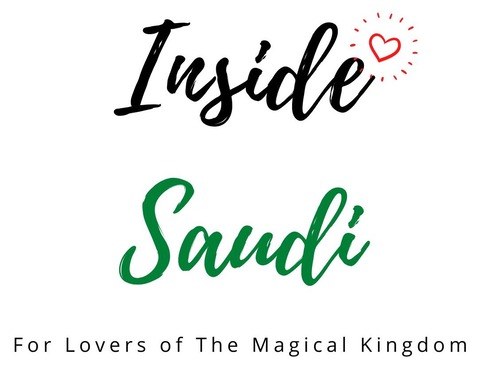I always wondered what it meant to be born and raised in Saudi Arabia, knowing that you do not truly belong here.
My three boys, born in Saudi Arabia, are not Saudis but British. They attend Saudi schools, have many Saudi friends, and have lived here their entire lives.
So, I asked them and the other sons and daughters of expat families how they felt.
Here is what I found out.
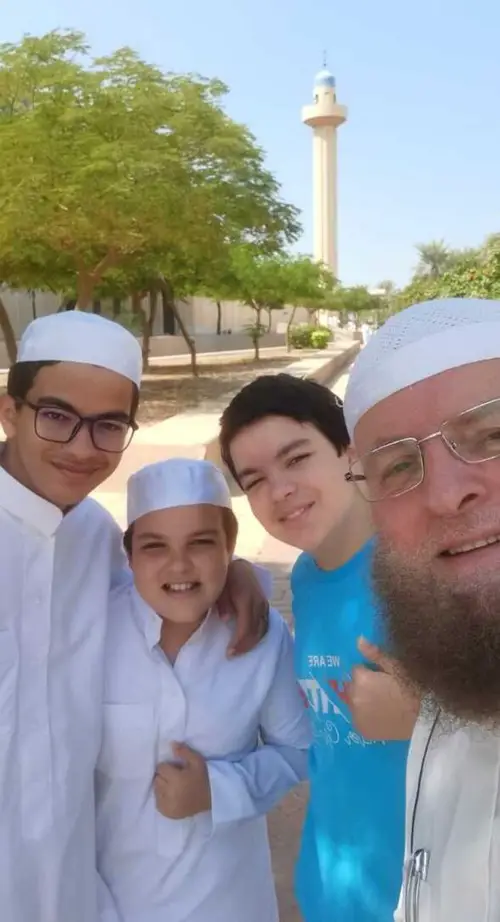
1. So, What Is It Like For Expat Children Born And Raised In Saudi Arabia?
Children born in Saudi Arabia will not remember their births and will not know the country of their mother or father. Lacking a sense of identity or meaningful ties to any country, they exist in no man’s land and have feelings of not belonging anywhere.
And therein lies the rub.
The Birth Of An Expat Child In Saudi Arabia
Unlike the birth of a Saudi baby, the extended family members of expat babies will not be there to welcome them. Only the father attends the birth.
Other family members who reside abroad cannot attend the birth or provide support because they live thousands of kilometers away.
In a few cases, the grandmother or in-laws may be with the daughter to assist with the birth of a new baby, but it is rare.
From birth, an expat child does not form strong bonds with extended family members.

An Expat Child And The Country Of His Parents
Three million of the current eleven million foreign nationals were born in Saudi Arabia. On occasion, parents and children visit their home countries.
However, these short visits once or twice a year do not allow expat families to establish roots or to develop meaningful relationships with family and people in their parents’ homelands.
An Expat Child And Close Relations In Saudi Arabia
Expat children have close relationships with their parents and possibly with the expatriate community.
For instance, my good friend Sheikh Abdul Hakeem, an Indian expat headmaster and teacher, is the surrogate grandfather to two adorable Indian boys who live in my neighbourhood.
He treats the two small boys like his own grandchildren, takes them on outings, treats them, and responds in kind.
Sheikh has a son with a family in the USA. He cannot be a grandfather to his real grandchildren in America because he is far away.
In Saudi Arabia, expat children have no extended family, no support, no history, and limited citizen rights according to the employment contract, work visa, and residency permit (Iqama).

 Pretending To Be Tigers
Pretending To Be TigersThird Generation Expat Children With No Civil Rights
Like my children, Saudi Arabia has more than 40,000 Saudi-born expats who never saw their parents’ home country and have no connection with it.
For example, my children are British but have only had one short holiday in the UK.
These 40 thousand Saudi-born, third-generation expat children only know Saudi Arabia. They go to school, work productively, and live in Saudi towns and cities.
They speak fluent Saudi Arabic and know no other language. These children have fully integrated into Saudi society, but have no more rights than their expat parents.
Yet, despite this, a Saudi must sponsor the family. They should renew their residency permits, pay the exorbitant and punitive expat taxes, and step aside when a Saudi decides to take his job.
2. Who Are The Foreign Nationals Born In Saudi Arabia?
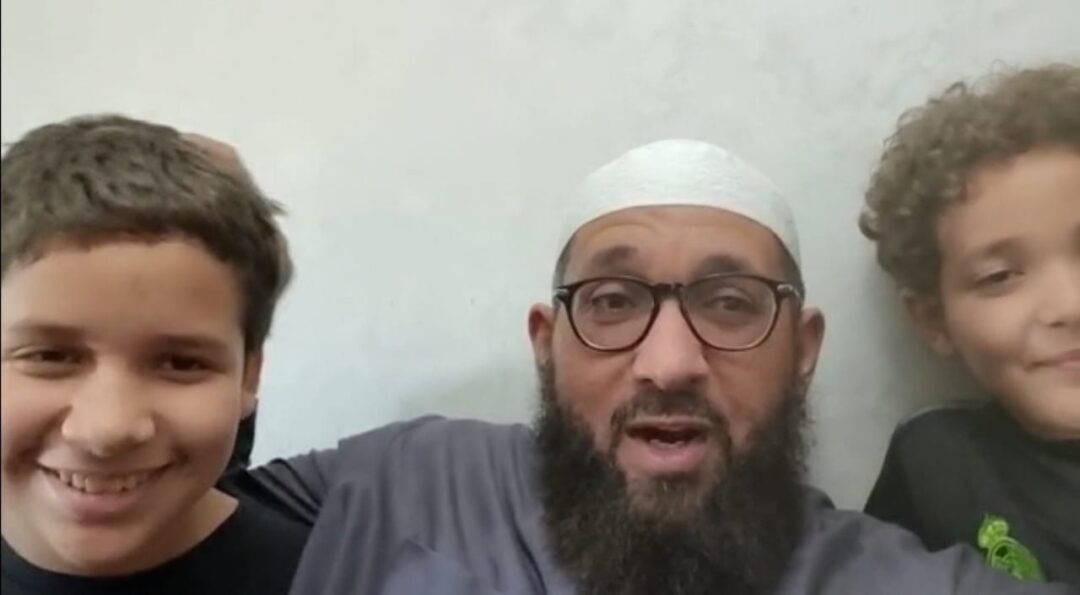
Learning Arabic For Survival In Saudi Arabia
Living in Saudi Arabia, it is better to learn the Arabic language. Certain expats need it for work and to survive.
Most Western expats do not bother learning the language because they can communicate in English at work and in their gated communities. On the other hand, Indians, Bangladeshis and Filipinos do.
Western Expat Reluctance To Engage With Local Culture
Western and European professional workers in Saudi Arabia number about half a million.
These expats refuse to learn Arabic, make friends, or have relations with local Saudis and live in an isolated bubble-like existence.
Westerners earn the best salaries and command great respect. They are limited to living in gated compounds and sending their children to private, international English-speaking schools.
Many rarely leave their communities to establish ties with other nationalities, let alone Saudis.
They enjoy a privileged life, but out of boredom, they like to complain and moan about life in Saudi Arabia and the Saudis.
Many Western families live for decades in the kingdom but never get to know other nationalities, learn languages, experience, or enjoy other foreign nationals.
Indians, Bangladeshi, And Some Filipinos Do Learn Arabic
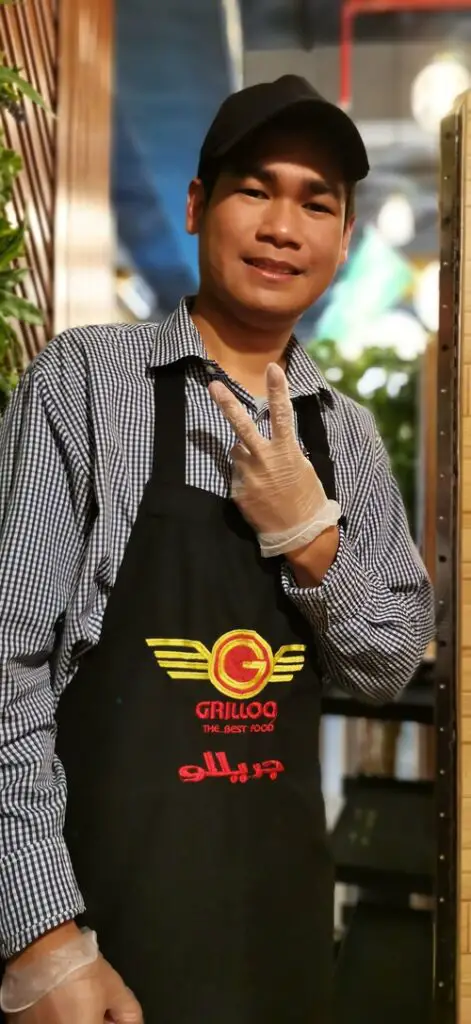
Non-Saudi Arabs feel at home in Saudi Arabia, and Saudi Arabia restricts their lives in the same way that it limits the lives of third-generation-born expats.
To function at work, Indian, Bangladeshi, and Fillipino nationals need to know Arabic.
Each day, they work close to Saudis and include store owners, managers, nurses, doctors, domestic helpers, cooks, drivers, and cleaners.
Knowing Arabic helps them in their jobs and will increase their chances of surviving in the workplace.
For example, domestic helpers are often intimately involved in the lives of Saudi families as they work in family homes.
Under the law, they have no worker rights, yet these women can speak Arabic and know the Saudi culture well.
Saudisation and the Nitiqat program are replacing thousands of Asian workers with Saudi workers.
In effect, these programs have forced thousands of well established foreign nationals to return to their parents’ home country.
To avoid compulsory repatriation, many people deliberately ‘lose’ their passports and register as stateless individuals.
These hard-working nationalities suffer the most after being forced to return to countries they have never known.
3. Saudi Arabia Does Not Want Integration or Multiculturalism
Saudi Arabia does not want to integrate its long-term foreign residents as they do in Europe and the West.
Saudi Arabia does not want them to be part of any multicultural experiment or to integrate them into Saudi society and culture.
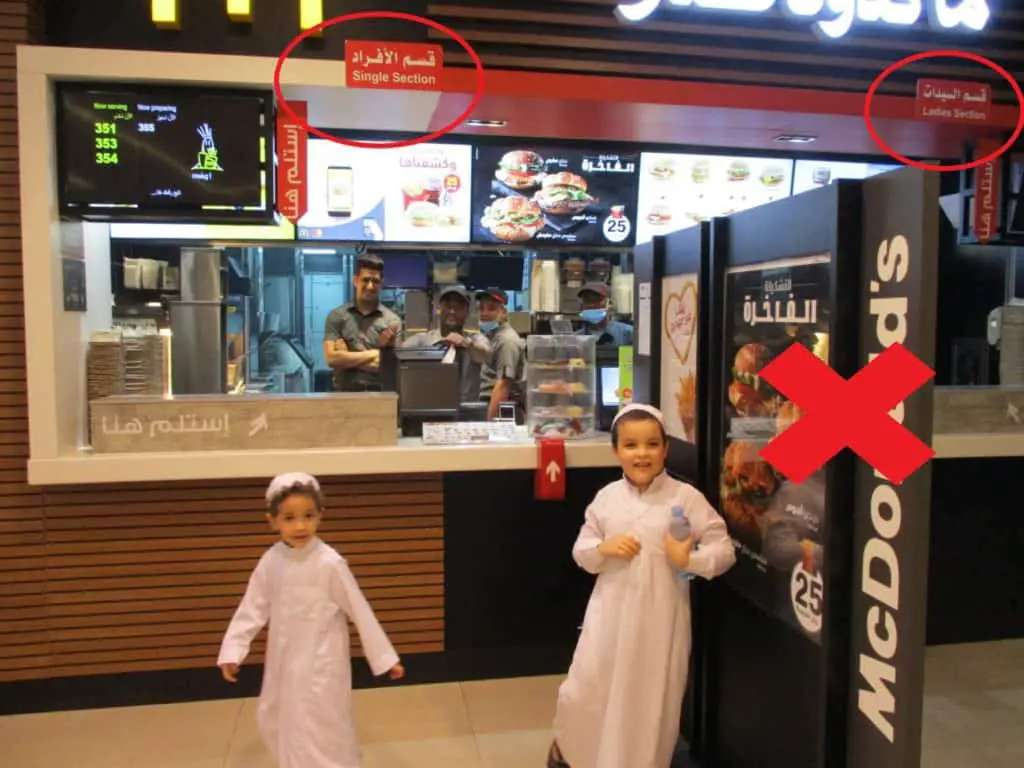
Saudi Attitudes To Expat Workers
Foreign expats are a dispensable resource controlled by an archaic sponsorship system with limited human rights.
They are a class apart; workers, servants, and only a resource to attaining wealth.
Saudi Attitudes To Expats With An Established Business
Foreign nationals can set up a business but will lose the right to own and run one once it becomes profitable and successful due to mandatory takeovers.
Expat workers toil for long hours, are paid much less than their Saudi counterparts, and enjoy fewer worker rights.
Saudization and The Drive To Get Expats Out
Saudi Arabia wants most of the 11,000,000 foreign workers out of the kingdom.
It is doing this by replacing foreign workers with Saudi nationals at a fast rate.
The Nitaqat program, or targeted Saudization, is the name of this replacement program.
An article about Saudization (Nitiqat) and its impact explains the human exodus in The Real Costs of The Expay Levy in Saudi Arabia.
The current drive to Saudiize the workplace, combined with industrial and personal expat levies, has hurt the Saudi economy.
Not only does Saudi Arabia not want integration, but it also wants to give its jobs to inexperienced Saudis and get as many foreign workers out of the kingdom as possible.
Small thanks for a lifetime of hard work and dedication.
Foreigner Workers Have Limited Spending Opportunities
Each year, expat workers send SR billions to their home countries. Saudi Arabia wishes to stem the tidal waves of foreign remittances and the flow of wealth abroad.
However, expat workers do not have the same freedom to work, invest, and establish a life as Saudis.
For example, they cannot buy houses. They cannot easily own businesses. They cannot buy land. They cannot buy, sell, invest, or even have large trucks and cars.
If expats cannot make and spend money inside the Saudi Arabian kingdom, they will send it to family and friends for projects abroad.
4. Replacing Expat Workers With Tourists For Non-Oil Income
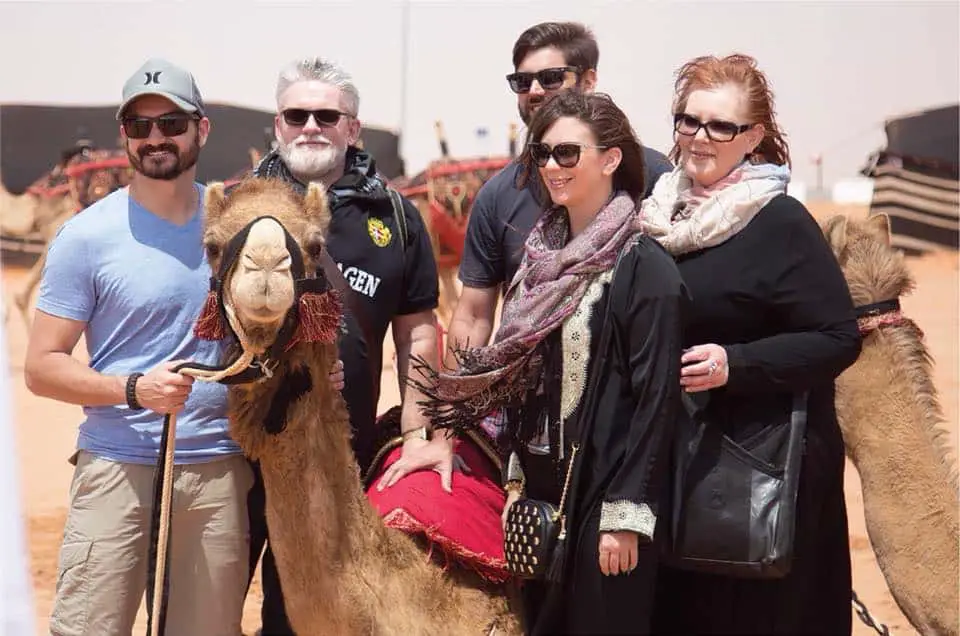
Saudi Arabia wants jobs and income for its nationals. To that end, it recently flung its doors open to international tourists and visitors with hard currency—a source of income unrelated to oil.
This article explains how you get a Saudi tourist eVisa. Click on the link, “The One Stop Guide To The Saudi eVisa For Tourists. “
“
The kingdom is working hard to create income opportunities, invest, and develop its tourist infrastructure.
Income From High-End Tourism in Saudi Arabia
Much of the expansion in tourism projects today is high-end, such as the Tantora Winter Festival, the Red Sea Project, Neom, Qiddiya, etc.
Only foreigners with a lot of money can enjoy these attractions.
Click the following links to read about the Tantora, Red Sea, and Qiddiyah projects.
- The Complete Guide To The Tantora Festival

- What Is The Red Sea Project In Saudi Arabia?

- What Is Qiddiya?

Saudi tourist development today is about investment and high ticket spending.

Expat Can Stay But Must Pay To Live In The New Saudi Arabia
An exorbitant fee of $213,000 will allow you to reside permanently in the kingdom, run a business, and sponsor yourself., a figure way beyond the reach of most ordinary employed expats.
Click here to read all about the Saudi Premium Residency Scheme.
The scheme is called the Saudi Premium Residency. It is not the same as a “green card,” but rather a way of keeping wealthy foreigners in and poor ones out.
In effect, you sponsor yourself; no Saudi (Kafeel) sponsor is required, and you are free to own and run a business, to leave and return to Saudi Arabia as and when you choose.
Saudi Wants To Replace Expat Workers With Tourists
Saudi Arabia wishes to deport 11 million expat workers. Then it will replace them with millions of international tourists.
They want to halt expat remittances and bring in hard currency.
To achieve this goal, Saudi Arabia is working hard to attract up to 100 million foreign tourists by 2030.
5. The Future For Worker Expats Is Dismal
Being born and raised in Saudi Arabia has only a few advantages. There will be fewer expat children here because the kingdom punishes foreign families with heavy levies and taxes.
The number of expats is falling, and third-generation immigrants are returning to their parent’s home countries in waves.
For many, this has proven to be very difficult indeed.
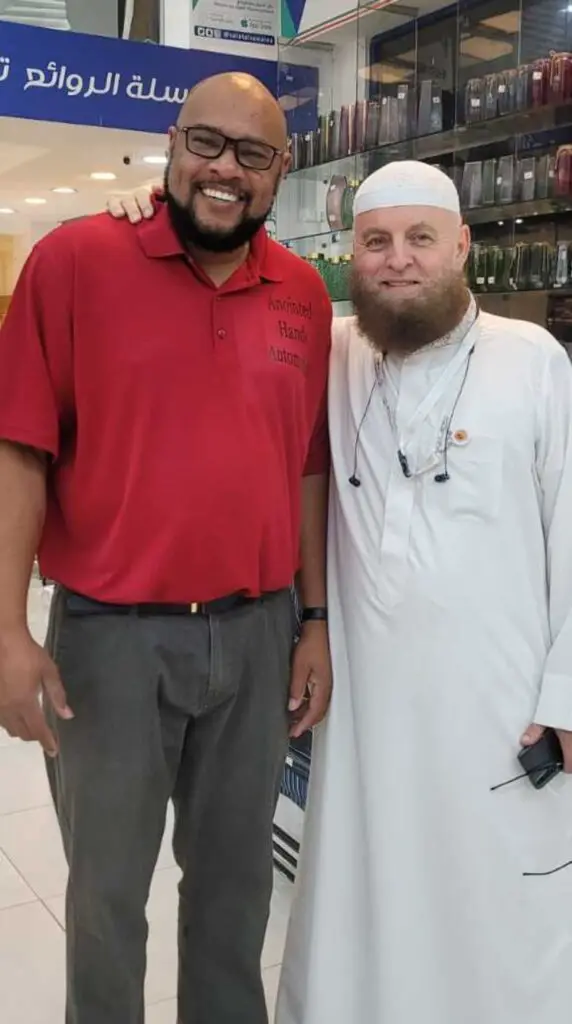
Related Questions
Can Foreigners Obtain Saudi Citizenship? Yes, but getting Saudi nationality is very difficult! Applicants must have lived more than ten years in the kingdom, be employed, speak, read, and write Arabic, and have a clean criminal record.
The application is then sent to the Prime Minister. The Department of Civil Affairs at the Ministry of the Interior either refuses the application or grants citizenship. The wives and children of naturalized citizens can also get Saudi nationality.
Can Children of Foreigners Become Saudi Citizens? Yes! Children of foreign fathers or mothers can get Saudi nationality if one of the parents is Saudi. However, they must speak fluent Arabic and obtain permission from the Saudi King.
Can Non-Saudi Women Who Marry Saudi Nationals Acquire Saudi citizenship? Yes, they do, but at a cost. The penalty is that she has to give up her original citizenship.
Useful Links and Sources
- KSA Born Expats Seek Citizenship
 – Arab News
– Arab News - What Is It Like To Be Born In Saudi Arabia
 – Quora
– Quora
